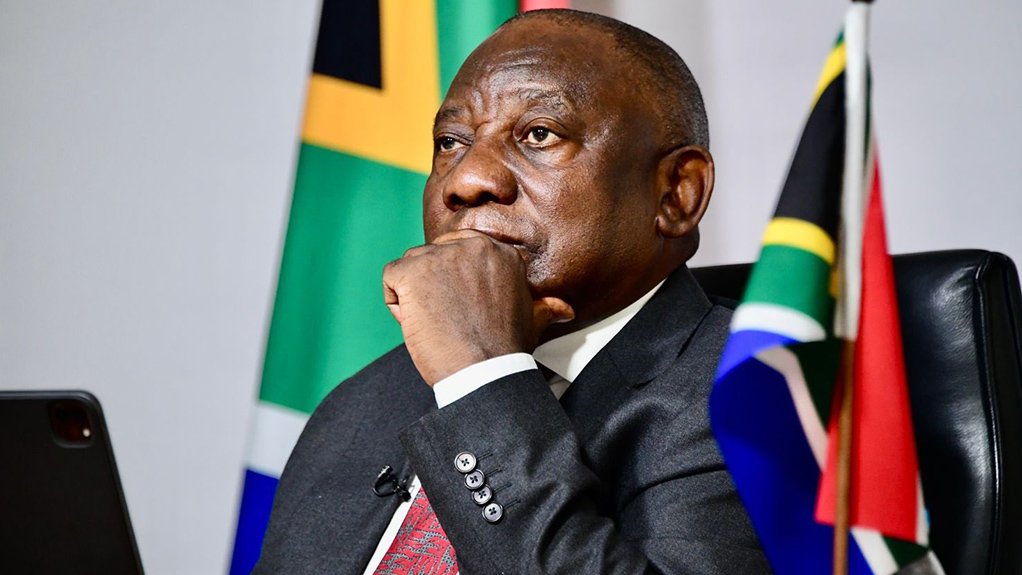President Cyril Ramaphosa on Monday wished “good luck” to the 2023 matriculants eagerly awaiting their results, and noted South Africa’s gains in advancing access to education, which he says is the most critical area of any nation’s development.
Minister of Basic Education Angie Motshekga will announce the National Senior Certificate results on Thursday, and individual results will be released on Friday. Matrics will have until February 2 for both manual and online applications for remarks.
“We have no doubt they will make us proud, making it an auspicious start to an auspicious year,” said Ramaphosa in his weekly letter to the nation.
He noted that this year coincided with the thirtieth anniversary of South Africa’s democracy, and he urged South Africans to consider how far the country had come from an era where the educational prospects of young black men and women were greatly diminished, and where the inferior education they received was deliberately designed to prepare them to be “hewers of wood and drawers of water”.
He explained that it was this deliberate marginalisation and discrimination that resulted in the scene captured by illustrious award-winning photojournalist and anti-apartheid activist Dr Peter Magubane in 1956.
Magubane was laid to rest last week.
Ramaphosa said that much had changed in South Africa since and he noted that while the task of ensuring that the economy grows at a scale and pace to absorb graduates and those seeking formal employment was a daunting one, South Africans must not lose sight of how far the country had come in this critical developmental indicator.
“From the results of Census 2022, we can glean insight into the gains we have made as a country in advancing access to education, the most critical area of any nation’s development,” he said.
He noted that in 2022, three-quarters of young people aged 5 to 24 years were attending school.
About 3.5-million children under five years received a form of early childhood development.
He added that the percentage of people aged 20 and older who have completed secondary education had more than doubled since the first census undertaken under democracy in 1996.
“The first census showed that some 62% of white South Africans had a matric or higher qualification compared to 18% of blacks. Today, 38% of all South Africans have completed secondary education,” Ramaphosa highlighted.
POST-SCHOOL QUALIFICATIONS
He noted that at the time Census 1996 was conducted, 1.5-million South Africans had post-school qualifications, saying that in 2022, this figure stood at about 4.6-million.
Much of this progress had been made possible by the National Student Financial Aid Scheme, which continued to play an invaluable role in supporting access to higher education, Ramaphosa said.
He explained that while the tertiary sector faced a number of challenges as it worked to meet the needs of the growing population, government was working to overcome them.
“However, given our country’s history of marginalisation and exclusion, that we have made such substantial progress in expanding access to education over the past three decades is significant,” he said.
Ramaphosa highlighted that in 2022, the matric cohort achieved an 80.1% pass rate, and last year more than a million candidates sat for the exam.
More than half of the successful matriculants were female, he noted.
There are also more women studying at tertiary institutions in South Africa, including in the once male-dominated science, technology, engineering and mathematics fields, he added.
Ramaphosa noted that in South Africa today, basic and higher education is accessible to the children and grandchildren of farmworkers, mineworkers and domestic workers, many of whom were denied such opportunities in the not-too-distant apartheid past.
EMAIL THIS ARTICLE SAVE THIS ARTICLE ARTICLE ENQUIRY
To subscribe email subscriptions@creamermedia.co.za or click here
To advertise email advertising@creamermedia.co.za or click here











